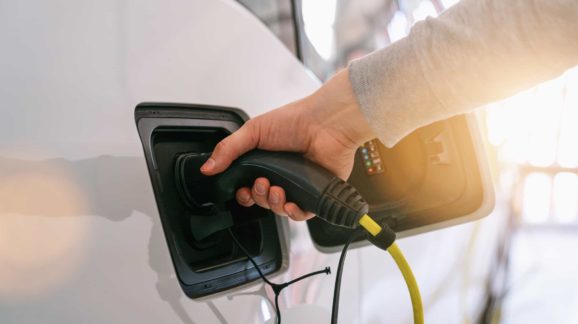New CEI Paper Asks: Would More Electric Vehicles be Good for the Environment?

Photo Credit: Getty
The environmental benefits of “zero emission” electric vehicles are often touted, but rarely discussed are the many environmental downsides associated with creating and powering EVs. With talk of a Biden administration wanting to “transition from the oil industry” and its support for at least some elements of the Green New Deal, “Would More Electric Vehicles be Good for the Environment?,” a new paper by Competitive Enterprise Institute senior fellow Ben Lieberman, examines the many environmental downsides of EVs including: mining required to acquire some of the materials needed for EV batteries to the greater amount of energy required to make an EV battery and the “carbon debt” that incurs, and more.
“While activists and politicians endlessly tout electric vehicles as a ‘zero emissions’ solution to climate change and air pollution, replacing gasoline with electricity as the energy source for personal transportation does not eliminate emissions of air pollutants and carbon dioxide so much as displace them,” said Lieberman. “Substantially moving millions of Americans from gas-powered cars and trucks into EVs would make these environmental downsides much more significant than they are now given that EVs are still a niche market. Policymakers should consider the environmental costs of EVs before they take any steps towards locking the nation into a future of electronic vehicles as a major means of transportation.”
Environmental concerns related to EVs include:
- Producing a battery for an EV requires many mined materials, including lithium, cobalt, and rare earths, most of which are mined and processed in nations like China, Congo, and Chile, where environmental standards are weaker than in the United States.
- An EV battery requires more energy to manufacture than a battery for a conventional vehicle and results in more carbon emissions during the manufacturing stage. This so-called carbon debt is incurred by each EV before it is even driven its first mile and may take years to repay.
- If coal-fired electricity were to continue to be a significant part of the generation mix, then the emissions reductions from the transition to EVs from conventional vehicles may be minor and possibly nonexistent.
- If millions of new EV batteries are to be made each year then millions of old ones will eventually have to be disposed of. Recycling EV batteries is far from easy and creates emissions and public health risks of its own.
Read the whole paper here.